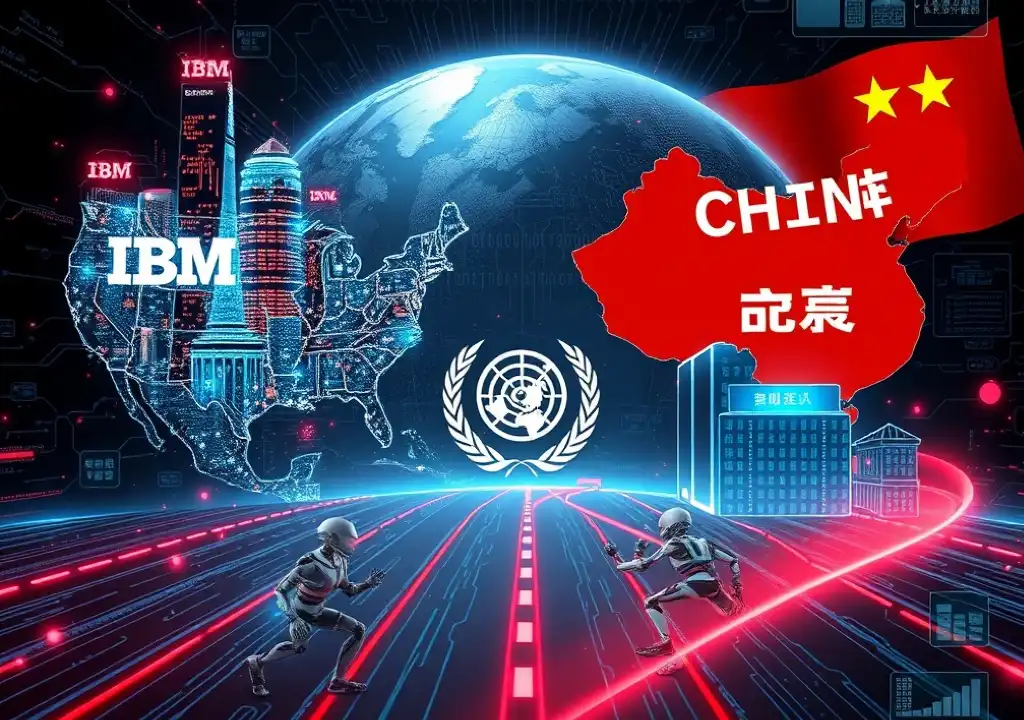Artificial intelligence patents have surged globally in recent years, with nearly half of all filings recorded since 2013, according to a United Nations report.
A study released by the World Intellectual Property Organization (WIPO) on Thursday reveals that the United States and China are leading the global race to develop and protect AI technologies. IBM topped the list of patent holders with 8,920 AI-related patents, followed by Microsoft with 5,930, and several major Japanese tech companies.
China stood out among academic institutions, with 17 of the top 20 AI-patenting universities based there. The country showed particular strength in “deep learning,” a branch of machine learning that powers technologies like speech recognition.
“China and the US clearly have an edge. They lead both in patent applications and scientific output,” said WIPO Director-General Francis Gurry at a press briefing.
The patent race comes amid growing tensions, with US President Donald Trump accusing China of intellectual property theft and imposing tariffs on $234bn worth of Chinese imports. China rejected these claims in December, calling them baseless and politically motivated.
Gurry acknowledged the concerns but emphasized that China has fully integrated into the global intellectual property system. “They’re significant contributors with the world’s biggest patent office and most domestic filings,” he added.
AI Integration Expanding Rapidly
The report noted that AI-related patents still represent only 0.6 percent of the global total, but this figure is growing fast. Between 2013 and 2016, machine learning patents grew by an average of 28 percent annually, driven largely by a boom in deep learning—from just 118 applications in 2013 to 2,399 by 2016.
The most widely used AI application is computer vision, crucial for autonomous vehicles, and mentioned in nearly half of all AI patent filings.
The study highlighted that corporations were driving AI innovation, with 26 of the top 30 applicants being private companies rather than public or academic institutions.
Although the report is based on data ending in 2016, Gurry noted the trend of rapid growth likely continues. “AI is becoming embedded in almost every industry,” he said.
He emphasized that WIPO’s role is not to assess the ethical impact of AI but to supply reliable data that supports meaningful global dialogue on the issue.

